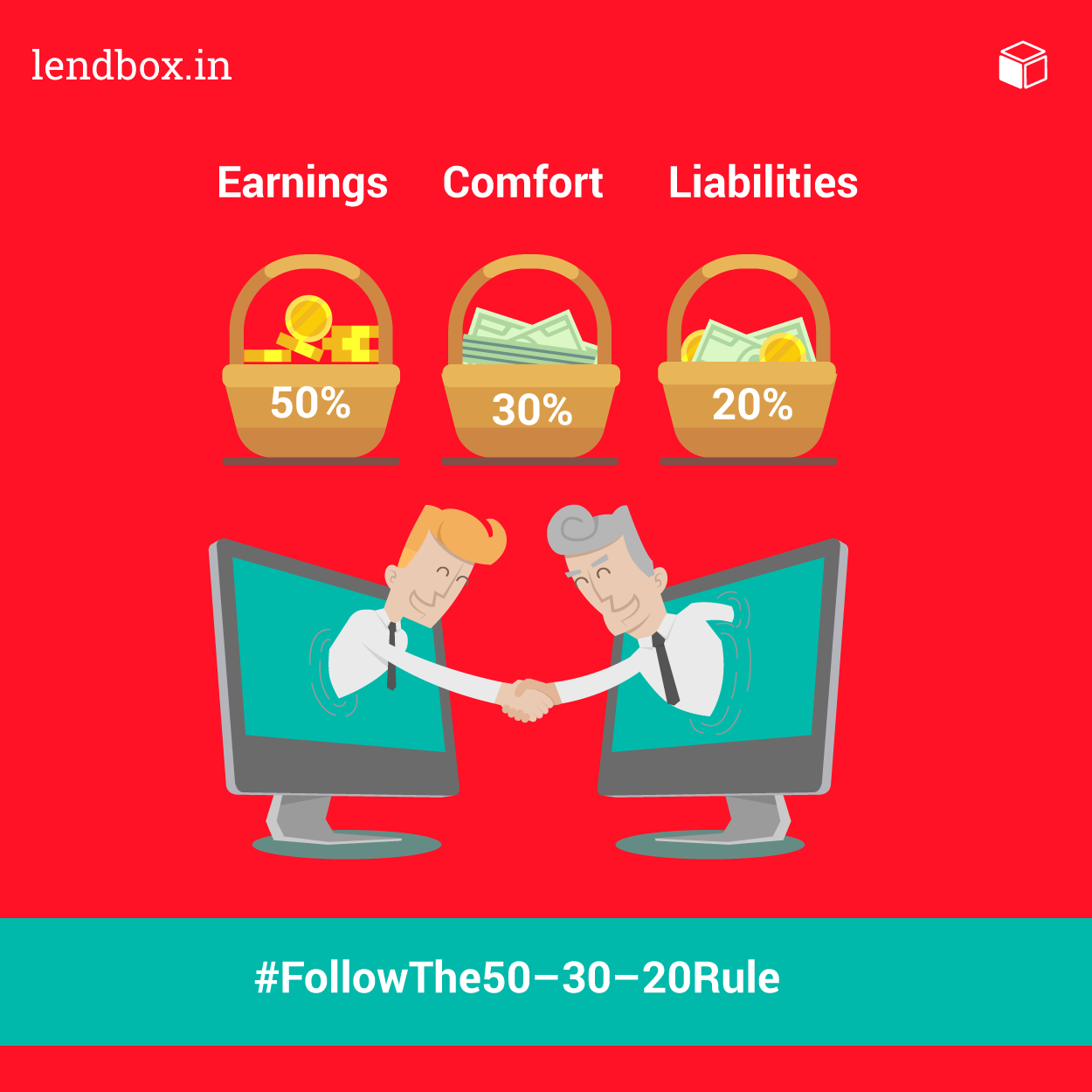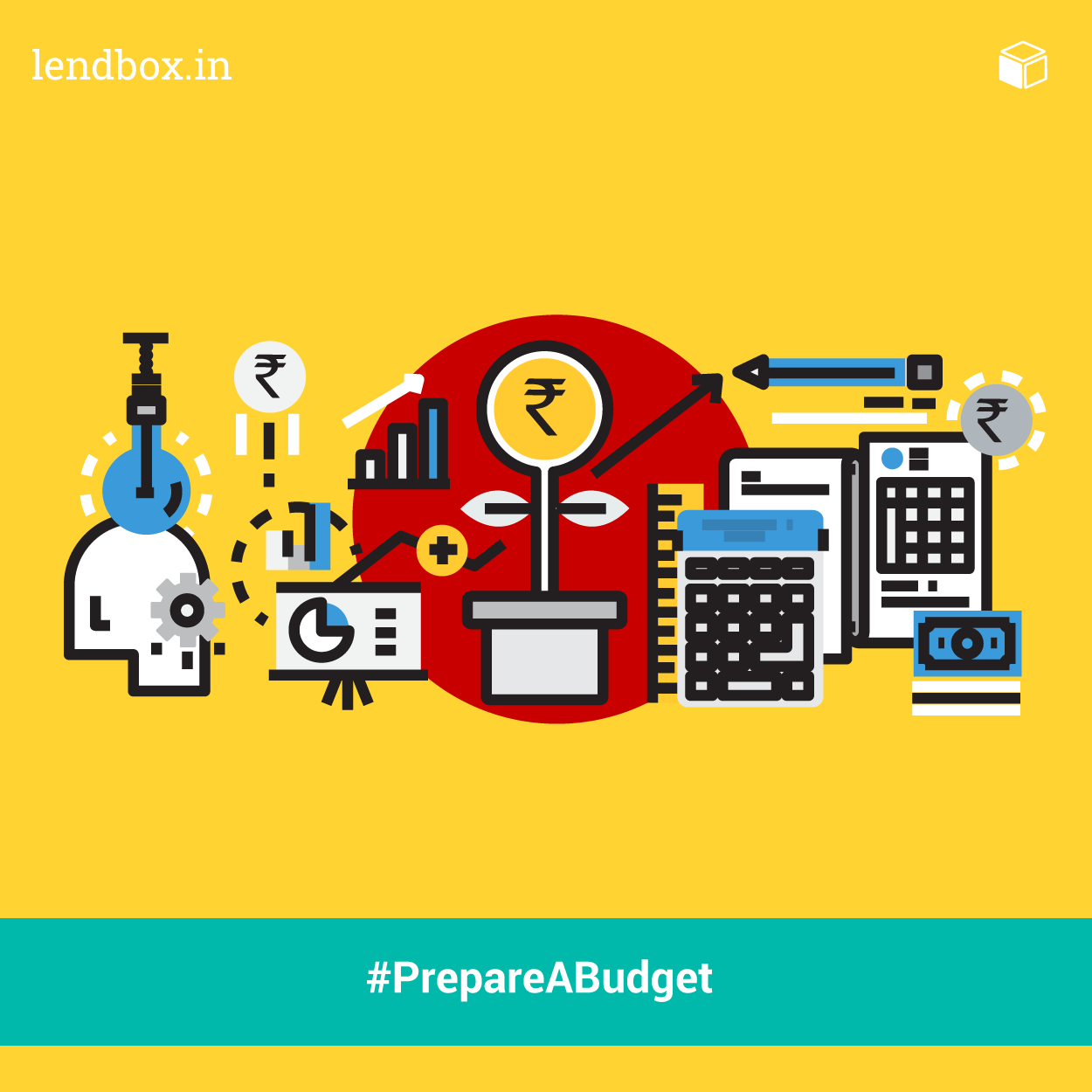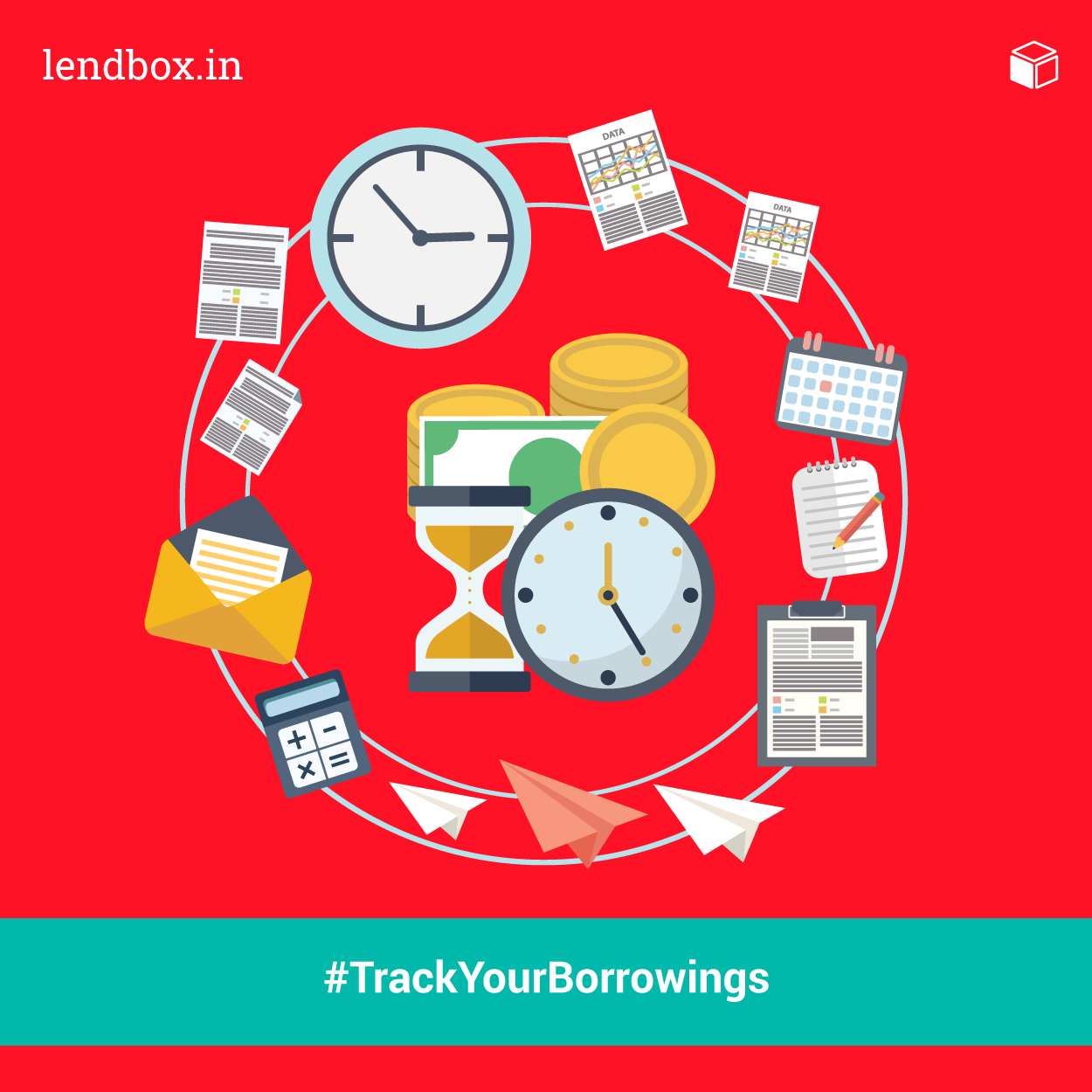Looking to attain financial nirvana in 15 years? Start with these 4 steps!
There comes a time in everybody's life when they wish that they had not overspent, availed a credit card loan, had taken an appropriate insurance cover, and had not over exposed oneself to illiquid asset. Basically wish you had planned better! Lendbox helps you with must do's that you should take to attain financial freedom in 15 years:
1. Calculate your Net Worth
Technically net worth is your assets net of your liabilities. In simple terms your investments in financial instruments and non-financial instruments would be your assets, while loans outstanding would be your liabilities. Financial instruments would include equity shares, mutual funds (MFs), traditional investments, non-convertible debentures (NCDs), bonds, exchange traded funds (ETFs), government small savings scheme - such as national savings certificate (NSCs), public provident fund (PPF) etc. and other non-financial assets such as real estate / property and gold in the form of jewellery, bars etc.
Logically your assets should increase as you grow older and your liabilities should be NIL by the time you stop earning. Simply put when you superannuate your net worth should be at its peak!


2. Follow the 50-30-20 rule
This golden rule of personal finance and budgeting states that maximum 50% of your net earnings should be spent on your basic day to day essentials example food, shelter and clothing. Whereas 30% should be allocated for comforts and luxury; and 20% should be utilized for savings to achieve financial goals, reduce debt, for instance payment of equated monthly installment (EMI).
You must keep in mind that the 50% and 30% for essentials and luxuries respectively are the maximum percentile you should spend. However, if you can spend less and save more, you will attain your financial goals faster!
3. Prepare a budget
A budget is a cash flow prepared in actual for the past and as per expectation for the future. Preparing a cash flow is the key to good financial planning. Cash flow is nothing but a detailed analysis of your income less the expenditure. Your income would include the salary/ business inflows over and above interest income, dividend income, rental income, one off capital gains etc.
Make sure you keep a record of your monthly, quarterly and annual expenditures on essentials, comfort and luxury. Children's tuition fees, books, etc. might be an annual or quarterly expenditure however payment towards rent, maintenance, electricity, water might be a monthly affair and expenditure towards a vacation would be an annual or semi-annual affair. By doing so you could check whether your expense is in line with your plan. In the budget, you should also keep a track of the due date of paying insurance premiums, credit card payments, EMIs etc.


4. Track your borrowings
Keeping a record of the EMIs that you are paying for various loan facilities availed (home loan, vehicle loan, personal loan, and credit card bills) is very beneficial. Loan against huge credit card bills should be cleared on priority basis as it is at almost double the rate of a personal unsecured loan (36% v/s 17%). It is therefore advisable never to keep your credit card bill outstanding.
Loans such as home loan and education loan have a taxation benefit attached to it; therefore at times it would be beneficial to avail such facilities provided by the government.
There are 3 sections of income tax relating to tax benefit on home loans.
| Amount of deduction (₹ Lakhs) | ||
|---|---|---|
| Particulars | Self-Occupied Property | Non-self-Occupied Property |
| Section 24 (On Interest) | 2 | No Limit |
| Section 80 C (On Principal) | 1.5 | 1.5 |
| Section 80 EE (On Interest for first time buyers) | 0.5 | 0.5 |
The interest paid on the education loan can be claimed as deduction, as per Section 80E of the Income Tax Act, 1961.
Spend smart with these 4 steps while we give you more ways to gain Financial Freedom in 15 years! With all the saving you pool up this way, investing it to get fixed returns every month will surely increase your earnings. Peer to Peer lending via Lendbox is one smart way to get richer!


